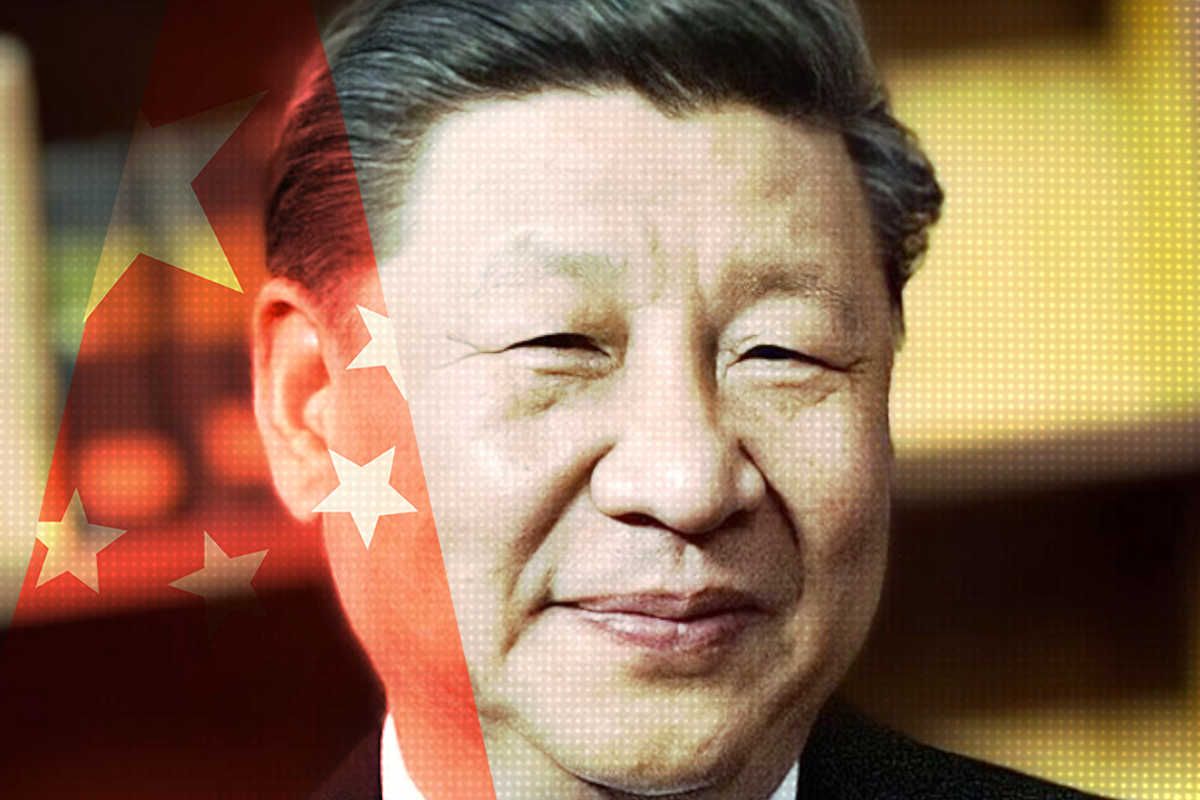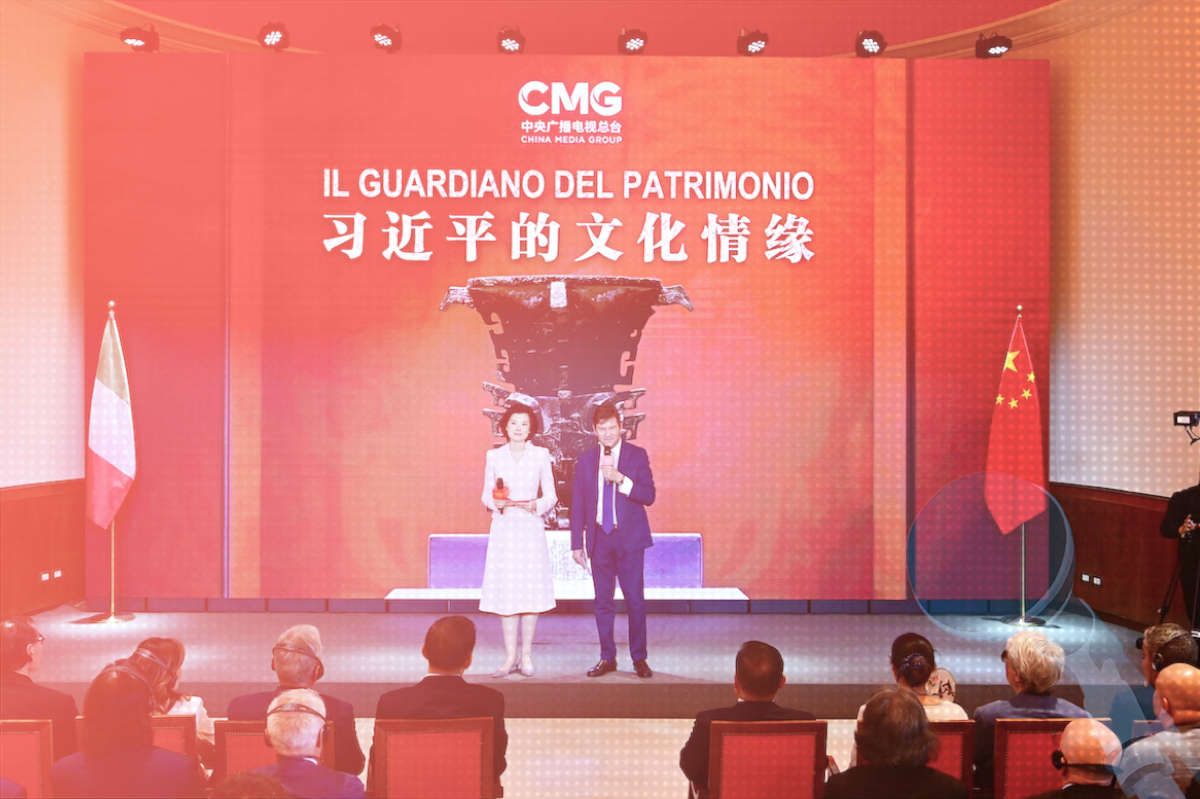The recent investigation by Shanghai police into alleged news extortion (新闻敲诈) by the website of the 21st Century Business Herald (21cbh.com) went off like a public opinion bomb, shuddering through the media and through society.
The tactic of using investigative reporting — what in China is called “supervision by public opinion,” or yulun jiandu (舆论监督) — in order to extort money from businesses is not unfortunately a new one. But in this case, the sheer scale and organizational nature of news extortion as a business model for internet media is astonishing.
The 21st Century Business Herald web case is still under investigation, and it’s too early to determine the exact nature of these alleged crimes. But judging from the so-called “confessions” we have seen from the suspects involved, it seems likely there is merit to the accusation that negative reports were used for revenue generation at the website.

Within media circles, this tactic has been something of an open secret for a long time, the most recent high-profile case being that of New Express reporter Chen Yongzhou (陈永洲).
According to the police bulletin for this most recent case, the chief editor of 21cbh.com and others have already been detained, and the case deals with scores of companies in Shanghai, Beijing, Guangdong and other cities and provinces. While a large number of companies seem to have been affected, few have openly come forward. Police have now publicized a hotline number, and they are encouraging other companies that might have been targeted to file charges. This gives us a rough idea of the impact this case is likely to have.
In its earliest stage, news extortion involved upfront demands for cash by journalists. But as this conduct came under fire, the practice was developed and refined and payments to journalists and media to make negative reports disappear were “whitewashed” as advertising buys, circulation income, publicity fees and all manner of things. As the practice evolved, cooperation between the people on the business side who handled advertising contracts and the reporters in the field became more and more intimate, until everyone was involved — with the editor-in-chief and president pulling the strings behind the curtain.
From what we can see of the 21cbh.com case, it seems to be a perfect illustration of how news extortion in China has become institutionalized and industrialized. The danger in this situation is that some media outfits engage in the practice without compunction, knowing that in most cases enterprises will simply give in just to avoid trouble.
From time to time, the government launches a campaign against news extortion (新闻敲诈) and fake news (虚假新闻), and the problem once again comes to the attention of the public.
Even so, the number of those committing acts of news extortion who eventually face prosecution is still very small. The reason is for this is that the practice is largely concealed with the idea that “flies don’t swarm around eggs without cracks.” In other words, there often are problems at the business and government offices targeted by these acts of news extortion. And the so-called victims generally go into self-preservation mode, not wanting allegations that may have some basis to be aired out publicly.
Another aspect of this practice is that it has become a guns-for-hire atmosphere, in which one side effectively engages a media outfit to dig around the foundations of another — [a business competitor or political rival, for example.] The media in this case are often in alliance with or hired by one party, and the other party has no idea what the situation is behind the scenes.
So the case in recent years has been that media and journalists are keen on involving themselves in commercial spats and business disputes, in which they can enjoy the guts and glory associated with watchdog journalism but at the same time enrich themselves behind the scenes.
According to a report from Xinhua News Agency, 21cbh.com has been “doing business independently” (独立运营) — meaning, carrying out news extortion — since 2010. But the case against the website was only pursued this year, and revenues from its “pay for no play” (有偿不闻) business were massive during this time.
Ten years ago in China, there was a strong current of investigative reporting with a very good reputation. In recent years, however, a number of journalists, editors and senior media managers have been embroiled in media corruption scandals, driving down the prestige of watchdog journalism and casting a shadow over its future prospects. As a result, the general public attitude toward the news media has worsened.
At some media, unscrupulous management by bosses exploiting the power of reporting for their own benefit has destroyed professional ideals and resulted in an ethical free-for-all.
Strengthening resistance to corruption in the media requires an emphasis on “rule of law.” Only when illegal conduct is addressed in a timely and effective manner can the news industry move toward a cleaner and better future.
This article was originally published in Chinese in the September 13 edition of China Youth Daily. The author is a former CMP fellow and a veteran reporter at China Youth Daily. He won a journalism prize in 2003 for his report exposing Xinhua News Agency journalists who had accepted bribes from a Shanxi mining company in exchange for keeping silent about an explosion at one of their mines.





















